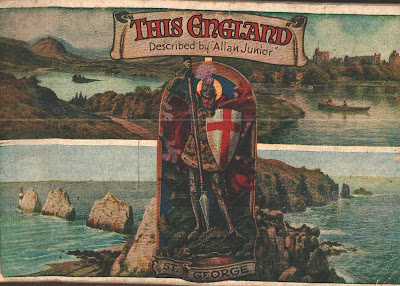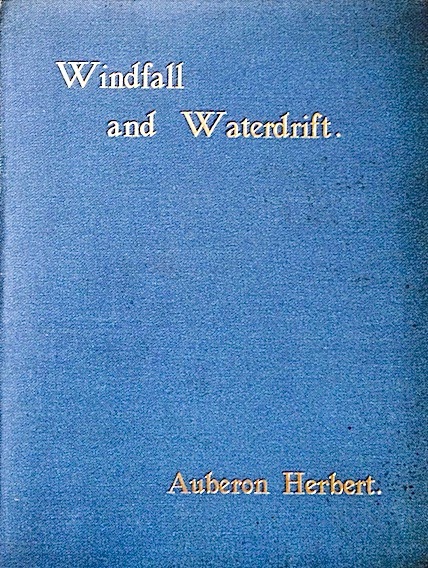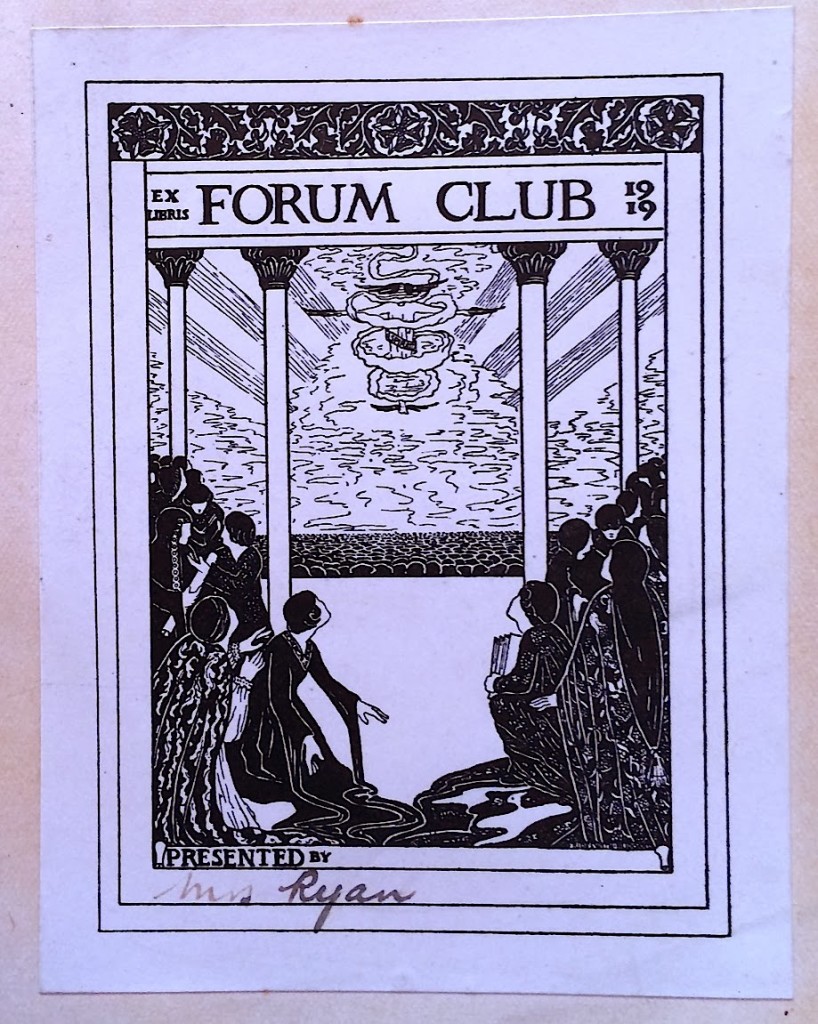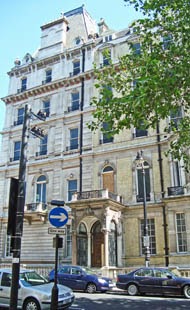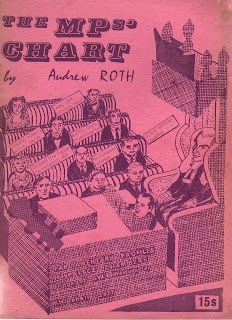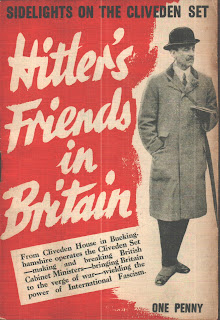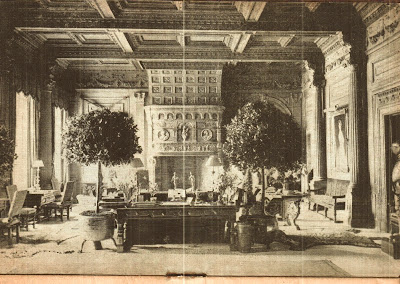Discovered in 1998 on a market stall off Brick Lane is this copy of the exceedingly rare Substance of a Address by Charles Pearson at a Public Meeting (1844). The book is scarce enough (none on Abebooks, nor likely to be in the near future), but my copy also bears an inscription from the author to James Watt, son of the famous Scottish engineer.

Watt (1769 – 1848) who, like his father, was an engineer, but was also a radical political activist in the turbulent 1790s, has his own Wikipedia entry, but there is no mention in it of Pearson. Nevertheless, the two men had much in common. While in France Watt’s support for the French revolutionaries and his friendship with Joseph Priestley, got him condemned in the British Parliament and he remained in self-imposed exile until he felt it was safe to return home. A generation younger, Pearson, as the radical Solicitor for the City of London, was the champion of parliamentary reform who defended radicals in court. He also was in favour of the disestablishment of the Church of England, opposed the system of packed juries and fought commercial monopolies in London. A year after his Substance on an Address appeared, he published a pamphlet which called for an atmospheric railway that would follow the ancient Fleet ditch to Farringdon. This was rejected and I seem to remember that Punch had great fun with the idea. Other railway schemes supported by Pearson were also rejected, but at last in 1854 the Royal Commission accepted a proposal to build an underground railway, using the ‘cut and cover ‘method, from Praed Street to Farringdon. Work began in 1860 and within three years the new line was completed. The world now had its first underground railway. Unfortunately, Pearson had died while the work was still in progress and he never got to ride on the first train.
It would be nice to think that Watt, the consultant engineer behind the building of Fulton’s North River Steamboat of 1807, and the marine engineer who in 1817 was responsible for the first steamship to leave an English port, had something to do with Pearson’s atmospheric railway of 1845. It seems very possible, especially as Watt’s expertise was in steam power and pneumatics. In addition, Pearson’s address of 1844 tackles many of the issues that would have been close to Watt’s radical heart and the younger man would have taken great pleasure in presenting a copy of his book to the septuagenarian former firebrand.
One question remains. Watt died at his home, Aston Hall, near Birmingham, in 1848. So how did his book end up on an East End junk stall in 1998 ?





